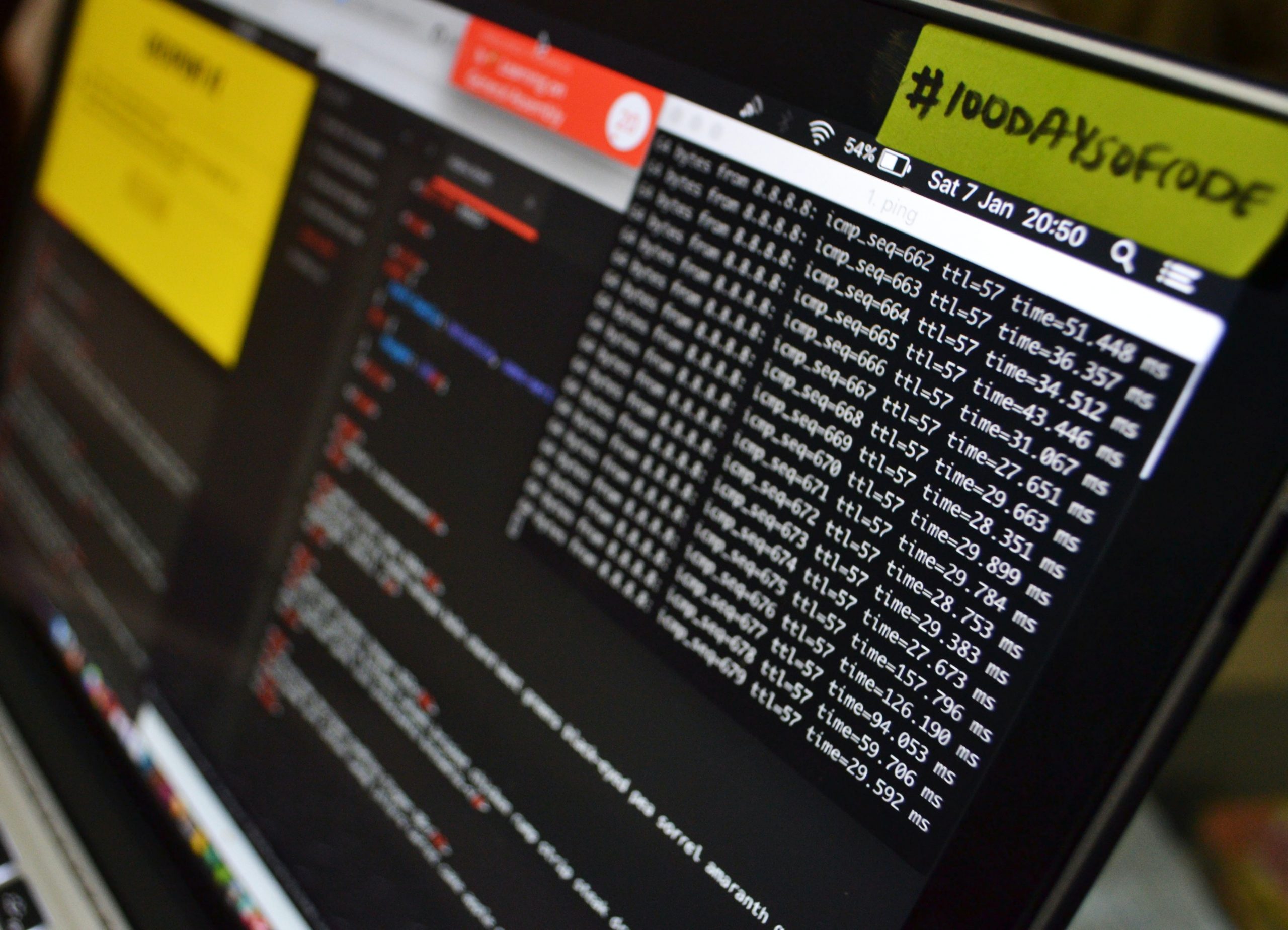
One of the main global trends in IT is the safety of users and preventing the spread of malicious programs, but at the same time, it greatly complicates the life of developers. There are different approaches to solving the issue associated with software security. The most common is the use of an antivirus tool by scanning a computer for malware. A complementary approach was taken by Apple, which introduced the Gatekeeper software to force code signing and check downloaded applications before allowing them to run.
The trend is moving towards deanonymization, the violation of anonymity when customers of compromised software have their personal data leaked. The need for notarization arises as a counter to this negative trend by giving users the confidence that a software package was created by an identified developer and checked for malware.
Regarding security, an example is Windows Defender, which applies a signing code for verifying the compliance of a program to security requirements.
Websites use SSL (Security Sockets Layer) certificates for the purpose of ensuring privacy, authentication, and data integrity in online communications. Apple, on the other hand, introduced notarization infrastructure.
Regardless of who is notarizing software, the fact remains that it is an essential, albeit burdensome element of software development imposed by Apple as a requirement now. But there are ways to simplify and even ameliorate the process of notarization for applications in Java and JavaFX that are provided by distributors like Liberica JDK, thus making it a routine procedure, rather than an unpleasant allocation of time and resources. The main advantage of resorting to Liberica JDK is ensuring that applications bundled with the runtime as a single package will be able to pass the notarization procedure smoother and with greater ease.
What is notarization? Why is it necessary?
Notarization gives users more confidence that the Developer ID-signed software being distributed has been checked by Apple for malicious components. Notarization is not an App Review service, as the Apple notary service is an automated system that scans software for malicious content, checks for code-signing issues, and returns the results to the user quickly. If there are no issues, the notary service generates a ticket for the user to staple to their software. The notary service also publishes that ticket online where Gatekeeper can find it. When the user first installs or runs any new software, the presence of a ticket, either online or attached to the executable file, tells Gatekeeper that Apple notarized the software. Gatekeeper then places descriptive information in the initial launch dialog to help the user make an informed choice about whether to launch the app. Now, since the procedure has become mandatory beginning with MacOS Catalina 10.15, it is impossible to launch a non-notarized application.
Liberica JDK is a notarized product. What will that give its customers and users?
Liberica JDK is an alternative to Java and acts as the basis for application development and launching Java SE applications. As an officially recognized and certified application, Liberica JDK has gone through all the steps of notarization and provides full notarization compliance of its software. Liberica JDK binaries have already been notarized for a year since last summer. OpenJDK notarization is not an obvious process and requires a deep signing of all binaries and modules. And Liberica successfully passed the notarization procedure. In order to create an application and have it notarized, users need to refer to already notarized software. This is why using Liberica JDK is one of the easiest and most straightforward means of developing applications that will be recognized and notarized by the Apple notary service. By referring to the notarized Liberica JDK package as an alternative to Java, application developers will be able to receive a shortcut in having their software verified in the future. It is quite easy with Liberica JDK having a special build that facilitates the delivery of app bundles.
 NLJUG – Nederlandse Java User Group NLJUG – de Nederlandse Java User Group – is opgericht in 2003. De NLJUG verenigt software ontwikkelaars, architecten, ICT managers, studenten, new media developers en haar businesspartners met algemene interesse in alle aspecten van Java Technology.
NLJUG – Nederlandse Java User Group NLJUG – de Nederlandse Java User Group – is opgericht in 2003. De NLJUG verenigt software ontwikkelaars, architecten, ICT managers, studenten, new media developers en haar businesspartners met algemene interesse in alle aspecten van Java Technology.